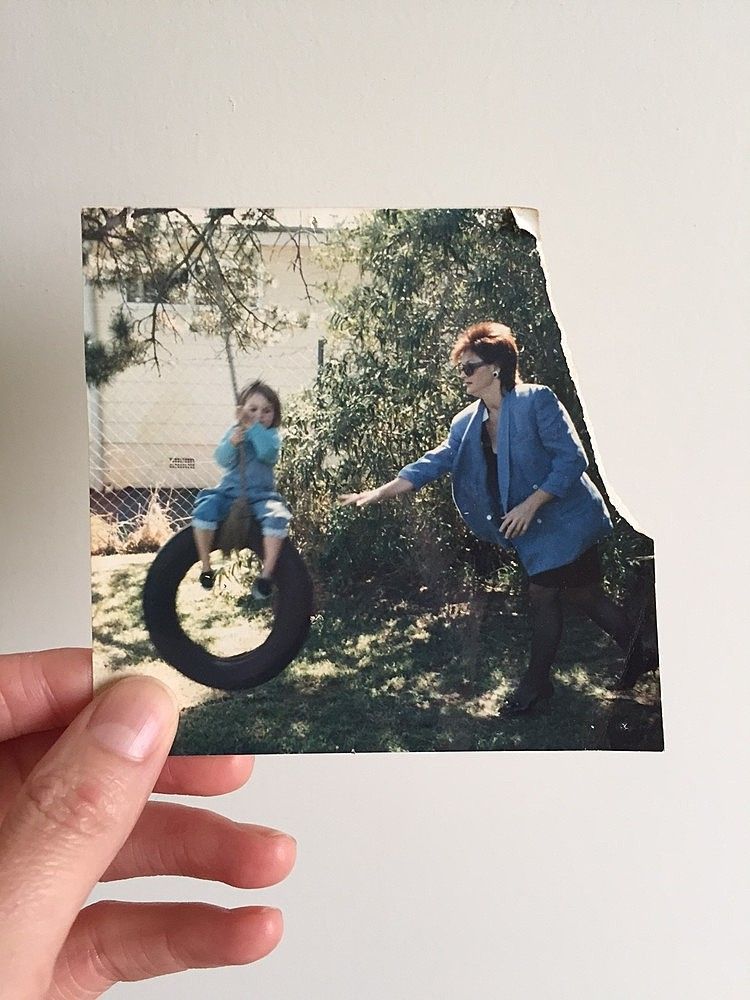Big Ups: 6 Things From August 2017 Worth Reading Again
Our monthly round-up of things from The Pantograph Punch worth celebrating.
Our monthly round-up of things from The Pantograph Punch worth celebrating.
23 days out from the election it’s been a busy month for reading, with endless streams of the many unexpected controversies, sagas, and announcements. And while we too have touched on Aotearoa's politics, we have also continued our coverage of the exhilarating arts and culture experiences on offer around the country. So, welcome to Big Ups, our new monthly series where our editorial team trawls through the Pantograph Punch archive to find pieces we think need a big up. This month we have prime ministers being victims, media assassinations, speaking to white people about race, domestic violence, an ode to a tuakana and the mother of all plays.
Matt Harnett
The Whole Sorry Lot
“Though most of us should be so lucky to own and channel our feelings of regret – over our cruelty in relationships, our weakness under peer pressure, the times we weren’t brave, the times we had to lie or the times we stayed silent – we at least experience them, no matter how much pop-psychology clipart we’re subjected to on Facebook."
A few months ago, a friend recommended listening to The 9th Floor podcast, which had recently finished airing. And so, I spent the next five weekday commutes swearing sullenly to myself as a procession of former Prime Ministers convincingly made themselves out to be blameless victims of circumstance. Joe Nunweek's essay on the series is a timely pre-election reminder that there's a lot to regret about contemporary politics, if only politicians would. Read it here.
Lana Lopesi
Standing on the Shoulders of Giants: A conversation with Reni Eddo-Lodge
“Going back to that line in the book ‘whiteness is an occupying force of the mind,’ we are really talking about a dominant political ideology which many people buy into.”
Our Literature Editor Sarah Jane Barnett lined up this killer interview between Saziah Bashir and Reni Eddo-Lodge ahead of Eddo-Lodge’s appearance at Shifting Points of View, a WORD Christchurch event in association with Christchurch Arts Festival on 5 September, 6pm. For those of you who aren’t familiar with Eddo-Lodge’s work, in 2014, she published a blog post titled ‘Why I’m No Longer Talking to White People About Race’ which has now been turned into a book. Eddo-Lodge has created a sophisticated, complicated and well needed conversation about race on her own terms and, damn it’s refreshing. This piece provides a brief insight into the conversation and is well worth re-upping. Enjoy it here.
Kate Prior
An art matriarch: Why Maureen Lander is a Boss
"We emailed Maureen to ask if she might be interested in having us for a week long wānanga at her place. It seems really simple, but her reply of “yes” solidified our confidence in taking a chance to ask to spend time with people we admire."
I love everything about Mata Aho collective's ode to artist Maureen Lander, but especially this sentence. So often we admire from afar, but it turns out the object of our admiration may just want to spend time with us too. I love how it reminded me of that emboldened feeling, that rush, of making a simple connection of like-minds/hearts. This piece sets out its thesis in such an unabashed way ("When we were asked to write about Maureen Lander’s new exhibition Flat-Pack Whakapapa at The Dowse Art Museum, we saw it as an opportunity to outline, as best we can, why Maureen Lander is a boss") and once again confirms for me that while I love chewing on a good critique, I'm still mostly into the fans; people writing about artists who are just fucking awesome is the real food. Read it here.
Adam Goodall
Looking The Other Way by Josephine Stewart-Te Whiu
"I think about all the things that go unsaid around family when you’re a kid; things that you know are happening."
Josephine Stewart-Te Whiu's collection of childhood memories pushed my heart up my throat and wrung my muscles like a dishrag. Stewart-Te Whiu recalls violence almost seen, abuse only talked about after the lights go out, the scratchy sense of 'propriety' that dictates when you're intervening and when you're just interfering. It's clear-eyed and deeply recognisable and it wrecked me. Read it here.
Joe Nunweek
Ranterstantrum Redux and Fear and Chicken Bones: A Conversational Review of Ranterstantrum
“It’s only three years ago that I was in Christchurch and spoke Māori in front of a Palagi man who reflexively said, “Don’t talk that shit in front of me.” It had been a long time since I’d had that level of racism in my face and I was too shocked to bite back. But then I realised that because I generally hang out with like-minded people, I don’t often receive that sort of bald-faced racism. But I shouldn’t have been surprised, if you jump on talkback or if you flick through the comments on the odd Stuff article, you can see that variations of ‘Don’t talk that shit in front of me’ are pretty much everywhere you look.”
Victor Rodger offers a rare insight into a modern Aotearoa classic, Ranterstantrum – the hair-tearing panic of getting it out while moonlighting on Shortland Street in the early 2000s, the opportunity to re-stage it to a new audience 15 years on with a new-generation director and cast. The aggressions that fuelled Rodger to write Ranterstrantrum – racism from across the dinner table and across the media - are alive and well in 2017. It’s also wonderful to read a conversational review between Kate Prior and Lana Lopesi about the power and complexity of the play’s anger, and the observation that there really hasn’t been anything quite like it since. I’m really into documenting important 21st-century plays this way – it’s a fulcrum which good high school drama teachers will be able to use to teach Rodger’s work 5, 10 and 50 years from now. Read Ranterstantrum Redux and Fear and Chicken Bones: A Conversational Review of Ranterstantrum.
Sarah Jane Barnett
Speaking Truth to Power: The Political Assassination of Metiria Turei By Giovanni Tiso
The run up to the election has been a roller-coaster for those on the left, with Metiria Turei’s resignation being the lowest point. In response to how Turei was treated in the New Zealand media, Giovanni Tiso criticises the media’s lack of regard for social value, their race-based critiques against Māori, and their key role in the "gendered and racialised criminalisation of poor people in Aotearoa." The main argument – Turei’s resignation was not inevitable, it was manufactured. Essential reading. Read it here.







